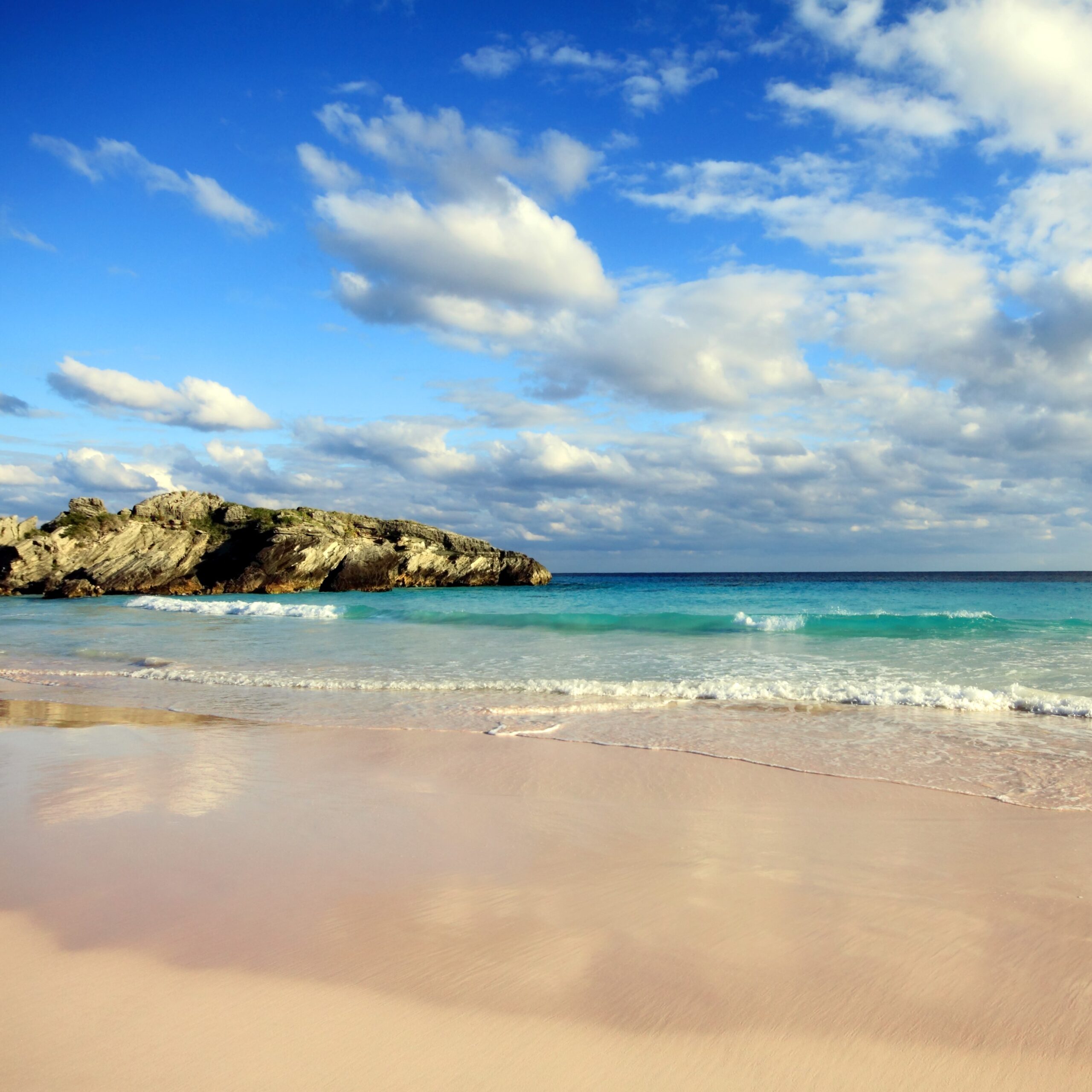- Your cart is empty
- Continue Shopping
Summer Health
- Family Care
- Posted on
-
by admin

HEALTHY SUMMER HABITS
Summertime in Bermuda is the perfect time for you and your family to get outside and enjoy the outdoor activities, sunshine and fresh air. You can take some simple health measures to help you stay healthy and safe while enjoying summer to the fullest.
SUNBURN
Being out in the sun has many health benefits, but if you were having too much fun in the sun that you forgot to reapply your sunscreen, you risk sunburn.
Sunburn is skin damage caused by ultraviolet (UV) rays and usually causes the skin to become red, sore, warm, tender and occasionally itchy for about a week. When burnt, the skin will normally start to flake and peel after a few days, however, will usually fully heal within seven days. While sunburn is often mild and short-lived, it’s important to try to avoid being sunburnt, as it can increase your chances of developing serious health problems, such as skin cancer, in later life.
If the sunny weather has caught you out and you’re suffering, here are some ways to relieve and treat sunburn.
- FIND SHADE. Applying more sunscreen won’t reverse sunburn no matter how much you use! Once burnt, get out of the sun and seek shade as soon as possible.
- COVER UP. Wear cool, loose clothing that won’t rub or chafe your skin. It’s important to cover sunburnt skin from direct sunlight until the skin has fully healed.
- STAY HYDRATED. In hot weather, staying hydrated is always vital, especially if you’re sunburnt, so drink plenty of fluids. Oral rehydration solutions such as Nuun hydration tablets or Diarolyte sachets containing essential electrolytes may help replace the loss of fluid and body salts quickly.
- APPLY AFTERBURN. Designed to cool, soothe and help sunburnt skin heal, afterburn treatments often packed with cooling aloe vera are particularly calming. Try keeping it in the fridge for an extra cooling effect.
- TAKE A COOL BATH. Relieve your skin with a cool shower, bath or damp towel to help ease the burning sensation – but don’t put ice or ice packs on sunburnt skin as it can cause further pain and damage.
- TAKE PAIN RELIEF. Pain killers such as acetaminophen and ibuprofen may help alleviate sunburn pain and reduce swelling and redness. If your sunburn is also itchy, you can try an over-the-counter steroid topical such as hydrocortisone cream.
Although mild sunburn can be treated at home and usually gets better on its own, you should consult your doctor if your skin has blistered or become swollen, your temperature is very high or you’re concerned you have heat stroke. You should always contact your doctor for advice regarding a child or baby with sunburn.
WHICH SUNSCREEN?
Prevention is always best when avoiding skin damage, so before heading to the beach, park, or out on the water, remember that a decent sunscreen is non-negotiable.
Which one is right for you with so many sunscreens to choose from these days? There are a few things to consider when picking a sunscreen and knowing how to use it correctly to ensure optimal results.
- CHOOSE THE RIGHT SPF! SPF stands for sun protection factor and refers to the level of protection from UVB radiation linked to cancer. In Bermuda, it is advisable to wear an SPF factor higher than 30 to protect the skin.
- MAKE IT FIVE STARS! Choose a broad-spectrum sunscreen that has a four or five-star UVA rating. Broad-spectrum means the sunscreen protects against both UVA and UVB rays.
- APPLY! APPLY! APPLY! Research has shown that the best sunscreen protection is achieved by application 15 to 30 minutes before exposure, followed by a reapplication 15 to 30 minutes after exposure begins. Reapply at least every two hours and immediately after being in the water, even if your sunscreen is water-resistant. Application varies based on the indications and protection factor shown on the label — from as little as 80 minutes in water to a few hours, depending on the product selected. Don’t forget to apply sunscreen to your lips, ears, hands and the back of your neck!
- DITCH OLD BOTTLES! Before grabbing an old bottle from the back of the cupboard, remember that out-of-date sunscreen is no longer be effective. It’s best practice to toss sunscreen 12 months after opening.
Although sunscreens play an essential role in sunburn protection, they should never replace minimising sun exposure. Spend time in the shade, particularly between 11am to 3pm when the sun is at its strongest. When out in the sun, make sure to cover up with suitable clothing, sunglasses and a wide-brimmed hat that shades the face, neck and ears.
Take extra care to protect babies and children as their skin is much more sensitive than adult skin.
For any queries or information please contact your local Phoenix pharmacist. We are always available to help, seven days a week.


